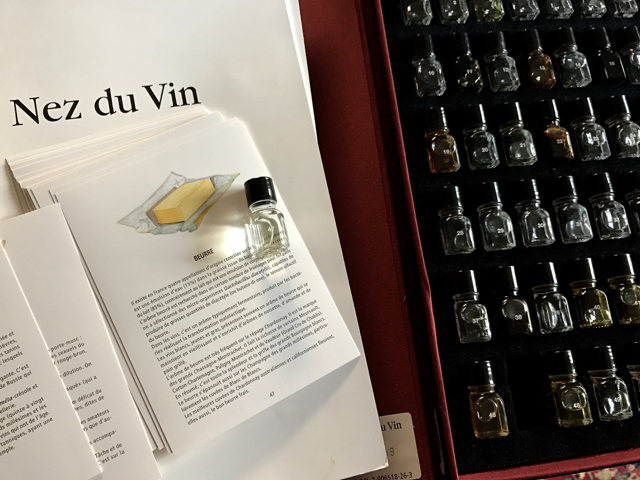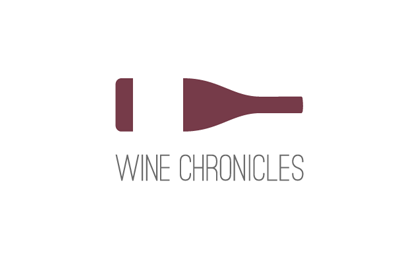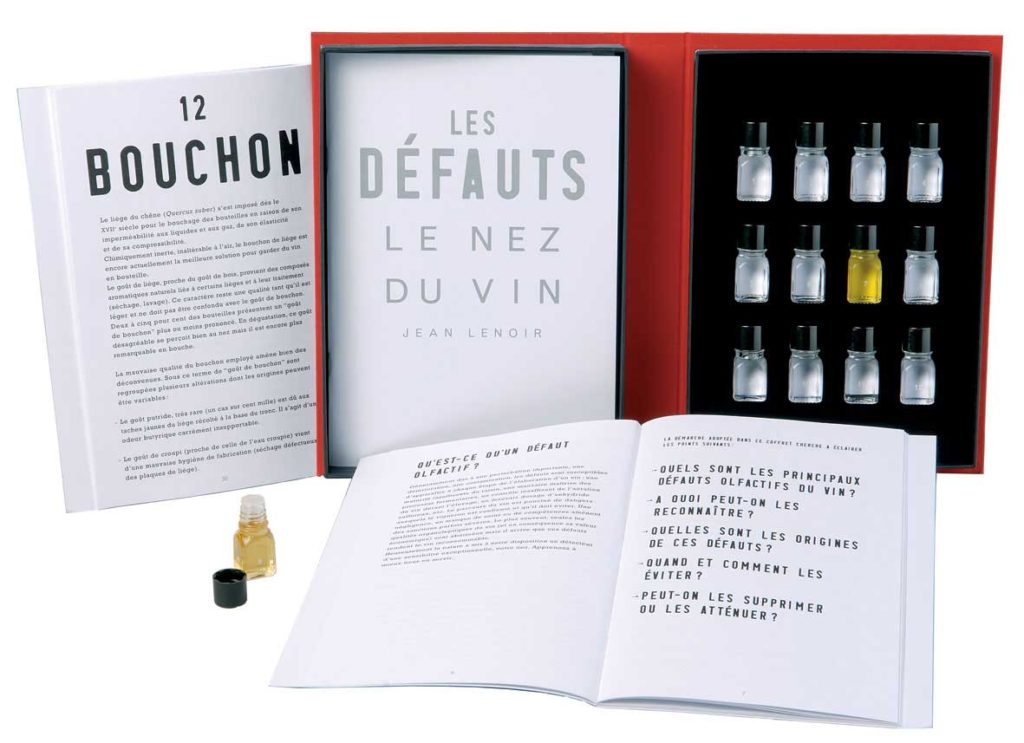On wine tasting and objectivity

Too oaky? Too green? Does it depend on the taster?
By Panos Kakavatos for wine-chronicles.com
4 February 2017
At a tasting lunch in New York City recently organized by the Wine Media Guild and specifically by my dear friend in wine tasting Mark Golodetz, we went through various bottles of Grand Puy Lacoste, Branaire Ducru and Smith Haut Lafitte – the three guests for the luncheon.
I was caught admiring the 2005 Grand Puy Lacoste, somehow putting in the back of my mind a certain oak influence on the wine that was more prominent than the fruit. At this stage.
While discussing the attributes of how wonderful the Branaire Ducru was of the same vintage, a point on which both Mark and I agreed, Mark begged to differ about the GPL, as the … oak was far too prominent. Indeed, he was correct. But should one conclude that the wine is not as good? Perhaps at this stage, or perhaps for one’s personal tastes.
That was open to interpretation, to some extent.
About 10 days later, at a superlative Bordeaux dinner with friends in Washington D.C., we enjoyed such great wines as Yquem 1990, Mouton Rothschild 1995, Palmer 1970, and three 1982s: Leoville Poyferre, Lynch Bages and Gruaud Larose.
The last three were enjoyed in a single flight, which I thought was the very best of the evening (and evening which included a flight of Leoville Las Cases 2001, 1990 and 1982, so tough competition).
Now, as we know, from a certain age on, there are no great wines, but great bottles (or corks), so dinner participants were lucky in that all the Bordeaux were in form. Or so I thought. Kevin Shin, one of the keenest tasters I have met, with senses akin to a bloodhound, found that his own bottle, the Gruaud Larose 1982, was faulty because of excess volatile acidity. I did not sense that at all over the dinner, and had not been drinking too heavily.
The likely explanation? I was so caught up in the “spirit of the 1982s” (both Leoville Poyferre and Lynch Bages were superb, as Kevin agreed), that my mind chose to “ignore” the VA in the Gruaud. Or am I simply less sensitive to VA?
Kevin is a firm believer in objective wine tasting, an idea that promotes much (and sometimes heated) discussion among both wine aficionados and professionals.
When it comes to wine faults, objective wine tasting is paramount. Whether VA, cork taint, or maderized wine, among other faults, tasting is an objective exercise. I wish we could go back and taste that Gruaud Larose again! In any case, it’s time to re-visit Le Nez du Vin. And, more important, Les Défauts du Vin, because practicing with aromas on a regular basis helps make your senses more aware.
The subjectivity of what you like
Wine to me is too much a moving picture to which to assign definitive scores, especially as tasters vary in what they perceive as good or bad. I understand the logic – and the need for consumers to have a tally. But for older wines, the issue of bottle variation opens the door to (mis)interpretation, making scoring somewhat of a conundrum for one bottle, when other bottles of the same wine and vintage are not quite the same in expression, if not completely different.
Or, for more recent vintages, as in the example above with Mark Golodetz, a taster may have a keener wine sense and appreciation for, say, oak influence. Or she may prefer more freshness, and interpret a hint of green as an attribute, making the wine greater than the sum of its parts. While another taster would condemn a wine because even that hint of green is unacceptable.
Notions of bottle evolution should be taken into account when assessing a wine, and how to interpret a score. Is it a score for current drinking? Is it a score for future potential? If so, how can one be sure that this particular bottle will evolve in that particular way?
In an e-mail exchange with Kevin, we both acknowledged that his higher score for the Palmer 1970 at our dinner amounted to a matter of subjective taste. As did his very high score for Bellevue Mondotte 2005, a wine I did not bother to score because it was (to me) far too oaky. But Kevin was positing its development over the longer term.
When it comes to assessing wines, many of the above questions can be answered rationally, and one could justify point scoring and objective wine tasting on various levels. For example, as being based on science. But because I am a somewhat exuberant sort of person, who interprets wine as art, I am not too convinced that wine tasting is truly an objective, scientific endeavor, especially given the aforementioned subjective factors (excepting, of course, wine faults). But I respect those who say that it is more a science – and those who have keen senses.
 Wine Chronicles
Wine Chronicles
Share This